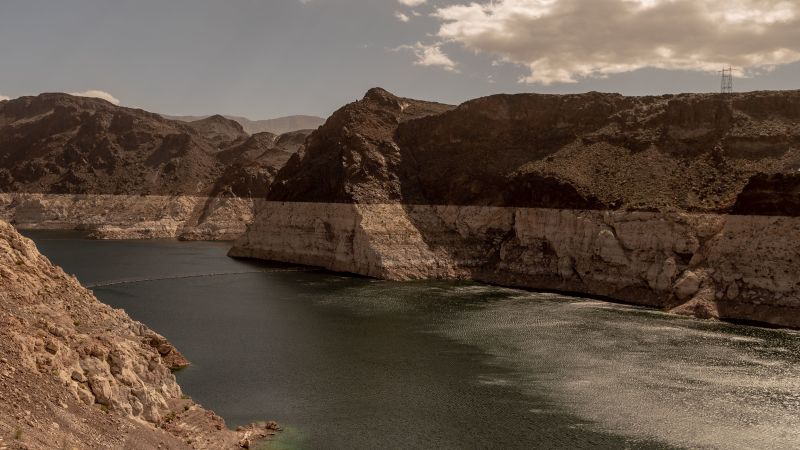New research reveals that many regions are at risk of encountering “day-zero drought,” a severe water shortage phenomenon exacerbated by climate change and fossil fuel consumption. Conducted by Christian Franz and his team, the study analyzed various climate models to predict when these unprecedented droughts might strike.
Key findings indicate that nearly three-quarters of drought-prone areas, including major reservoirs, could face severe shortages by the century’s end if fossil fuel use continues. Alarmingly, over a third of these regions, such as the western United States, may experience such conditions as early as the 2020s or 2030s.
Recent examples include Cape Town, which narrowly escaped disaster after a severe drought in 2017-2018 due to water conservation efforts and improved rainfall. Similarly, Chennai faced near water crises in 2019 when monsoon rains failed.
Urban areas, particularly low-income communities, are especially vulnerable to these shortages due to increased water demand and mismanagement. The Mediterranean, South Africa, Asia, and Australia are foreseen to struggle with recurring droughts that compromise agriculture and ecosystems.
The study emphasizes urgent action towards transitioning to clean energy and improving water management, such as fixing leaky pipes. However, it has limitations, including the exclusion of groundwater resources in its models. Experts affirm the study highlights the urgency of addressing the impact of climate change on water resources.
Source link


